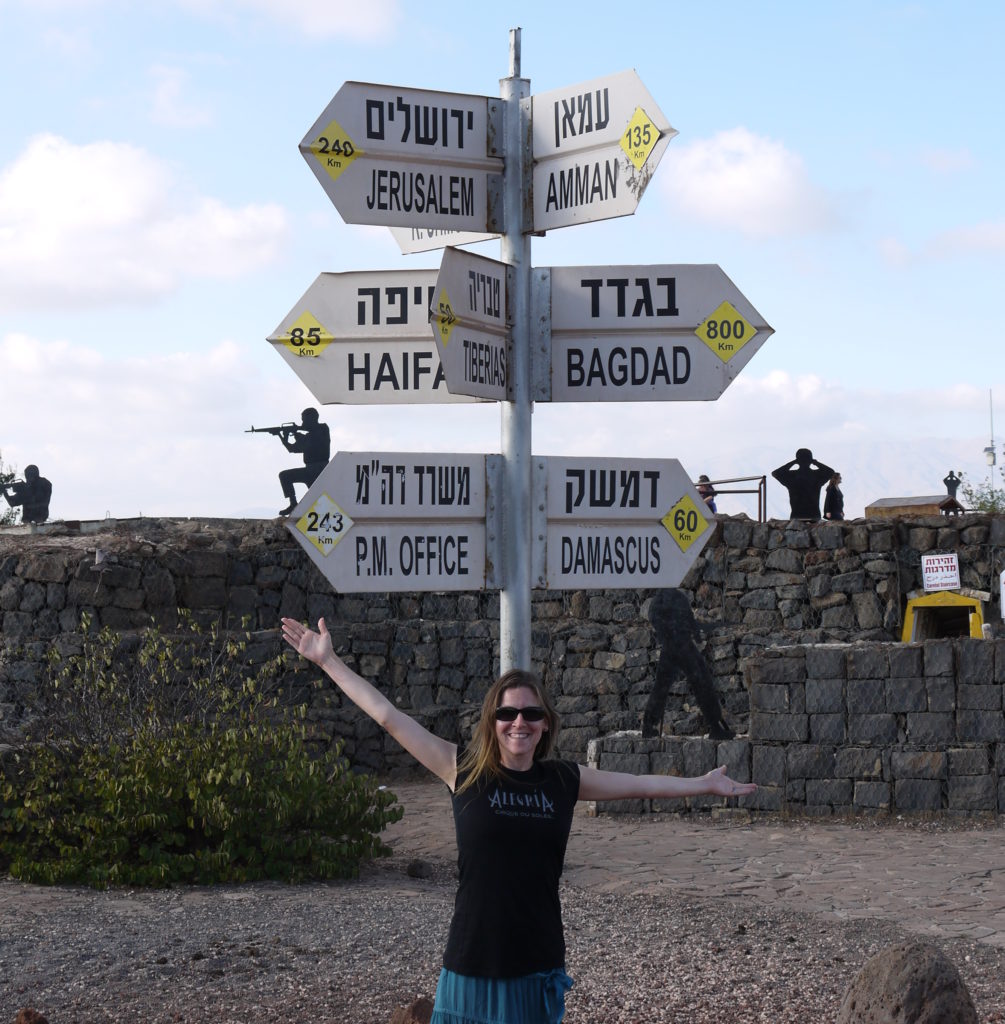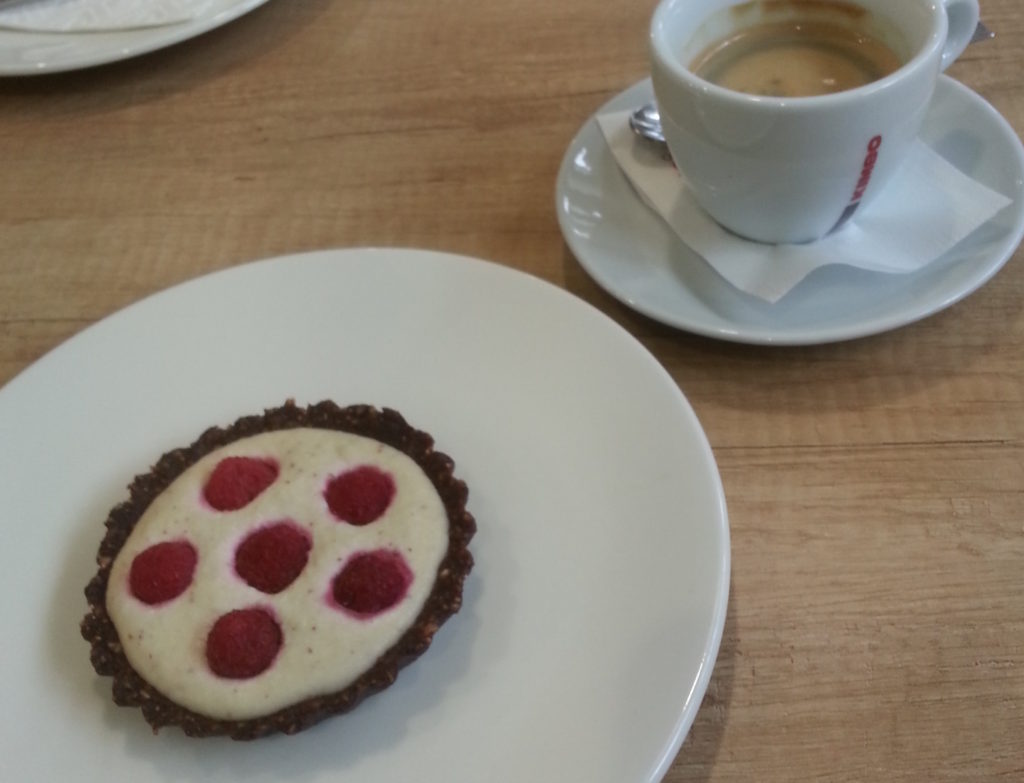Making decisions is hard. I’m not going to lie. Particularly when you have many options to choose from. There’s no way to know ahead of time if the decision you are making today is the right one. It would be a lot easier to be able to see in the future the possible after-effects of any decision, but unfortunately, it’s not possible. Not that I know of, anyway!
List the good old pros and cons
Lately, I’ve been using this good old trick to decide on my options. I don’t take too much time writing it up, though. I usually list my options, and under the pros and cons, list a couple of things. It helps me see things more objectively. If I have a massive list of cons, I’ll know it’s not really an option, and I can forget about it. The same way works for the pros, if the only cons are things that scare me, I know I’ll be fine and I can opt for that one.
Avoid the what-if trap
I find it fascinating and sometimes scary to think that every decision we make influences our future. After making a decision, especially the bigger ones, it’s tempting to ask yourself, what if? What if I had stayed longer? What if I had actually acted on my feelings? What if we had gotten married, or not gotten married? What if I had decided to leave that job earlier? The more you think about the what ifs, the more unnecessary stress you add to your life. Because we can never truly know what could have been, we have to deal with what is.
You can’t know what to expect, so you have to make a decision and go with it. I’ve been reading about decision making in the last few months and I read an article lately that said that our brains decide what we are going to do before we even think we started thinking about it. For example, I take a sip of coffee. Before I even reach for the cup, my brain had already sent the signal to get everything ready. The work was done even before I consciously realized I wanted another sip.
Same goes for a lot of small and big decisions. Just like when you get asked on a date, chances are if you like that person, the decision was made a long time ago, without you realizing. To what extent we actually consciously decide on things I’m not sure. There is a lot about the brain I don’t know and understand, but usually, when I stop and look back at my decision-making process, as soon as I started to express questioning, the decision was already taken a while before.

Question your beliefs and values
Another thing that’s rather easy to forget about while you go on with your life is your beliefs and values. We tend to assume they are part of us. And that they don’t change. While some of them might actually be yours. Most of them have been shared with you by your parents, friends, and society. I think it’s important to question if these beliefs are true to you, or if you are just so used to having them around, they became part of you.
Without even realizing it, what you believe in and your values will change over the years. Ask yourself the following question: ”Does this value reflect who I am and who I want to be?” If the answer is a definite yes, you are good to go. For a while. But if your answer is more an ”I’m not quite sure” well it might be time to look into this.
I always considered myself a compassionate person, trying to put myself in other people’s shoes to understand where they were coming from and all. But once I started questioning myself, I realized while I thought I was being compassionate, I wasn’t really true to myself as a meat eater. I had compassion towards human beings and pets, but my compassion didn’t extend to all animals. This is just one example. I don’t want to be the preachy vegan and all (nothing annoys me more than being told what I should do). But to me, it was an important realization. I could no longer tell myself that I cared about people and animals while eating meat. And it made my transition a lot easier as my actions and decisions were now in line with my values.

Make your own decisions
When I was working in an elementary school, I liked to remind the kids about the importance of making their own decisions instead of me telling them what was right and what was wrong behavior. I came in one of the classes one day and one of the students was standing on his desk. It caught me by surprise of course, but instead of telling him to get down from there, I asked why he was there. He could have found any reason and I would not have said anything more, but he only said: ”I don’t know”. And he came back down on his own. To be honest I was a bit disappointed. He’s a very smart kid and I was expecting him to make up a reason. But unfortunately, he couldn’t. He realized he didn’t even know what he was doing up on his desk.
A few days later, while the class was working on an exercise sheet, I could see him covering the whole page in black pencil. I made a point of telling the whole class that I wanted them to hand a paper they would be proud of. It didn’t have to be perfect but it needed to be up to their own standards. When he came to hand in his sheet, before taking it, I simply asked him and each one of the students before him if they were proud of their work. He thought about it for a second. And went back to his seat to erase all the black covering his answers. If he would have answered yes I would have taken his paper as is (with maybe a discussion later about appropriate work ethics) but I was happy he made the decision on his own. He knew his work was not in line with his values.
To me, it’s important that everybody is entitled to their opinions. I mean, life would be boring if everybody saw it the same way! If someone can explain to me why they believe that God exists, that people should carry guns with them, or that some people are less worthy of a decent living than others, as long as they can explain why they feel that way I will respect them. I will probably not agree, but as a person, I will respect them and their opinions. It’s very likely we’ll end up in a passionate discussion, and as long as we can both reason respectfully, it should be interesting. And I might even revisit my own beliefs and values with newly acquired information.
However if I ask why and the answer is I don’t know. Well… how can you hold a belief or a value if you don’t know why? There’s a lot of valid lifestyles choices in this world, but if you don’t make an actual conscious decision, I’m sorry to tell you that you probably will lose my respect. Temporarily, of course, until you can answer my ”whys”!
Now I do apologize to my friends, I know I can be a pain in the ass sometimes and come off as rather annoying when I do this, but it’s not a personal attack. There are two reasons to this. First, I am a very curious human being trying to understand things unfamiliar to me. And secondly, I just want to give you one more chance to realize and find your own personal reason why you hold this belief. Remember, you don’t need to convince me, but rather understand yourself!

Own your decisions
Once you’ve decided on something, you have to own your decision and live with the consequences. It doesn’t have to be a very big decision. Should you buy chocolate or not. If you do, you have to make sure you enjoy eating it, and not guilt yourself. This is what I mean by owning your decision.
With the type of life I am living at the moment, almost every day I have to make potentially life-changing decisions. A few months ago, I was in Switzerland and I was wondering where was going to be my next destination. Should I pick Germany? Should I go back to Scotland? Or maybe I should move to Canada? Once I decided to go to Germany, I had to decide if I was going to go visit my friend in Berlin, and/or catch up with another friend of mine in Hungary. As you might have noticed by now, most of my decisions are travel related, but not all of them.
For example, should I send a message to that person I kind of like or wait it out? When I run into questions like this, I like to ask myself, what will you regret a month from now? Sending a message, taking the chance it may or may not develop into something, or not sending it and never knowing. Obviously, I’d rather know. That way I can move forward, or move on depending on the outcome.
Should I have that magnificent piece of vegan cake or be reasonable? Well, I’m being unfair here. This one is very easy. I can’t help myself when facing a delicious-looking vegan cake. I always succumb! I mean, will I regret not having a piece of cake? Probably! So, when I do splurge, I do make sure to enjoy every bite and pick a cardio workout instead of yoga the next day.
When I decided to only go visit my friend in Berlin and not catch up with my other friend in Hungary, I made my decision on the same principle. Will I regret having used that money a month from now? The answer was yes. I was going to volunteer for a few weeks in the refugee camp in Calais and I knew I would have to pay for my accommodation. I also knew that when I would head back to the UK, I would need money. So a week’s worth of travelling money for flights, accommodation and activities will come in more handy later when I know I’ll need to eat and live somewhere. Will I regret not catching up with my friend while she’s in Europe? Maybe. Will I regret more not being able to eat without using my savings? Definitely! Decision made. No need to worry about it anymore.
Stick with it
Once my decision is made, though, I try my very best not to think about it again. It’s not easy, but when you look at it again, you might become anxious to know if it was indeed the right choice. Once I decide on something, I own it. And I stick to it. And focus on the next decision ahead of me.
One last note, everything I’ve just talked about are all things I’m still actively working on. Just because I write about it doesn’t mean I am completely comfortable doing it quite yet. Making decisions quicker is something I still need to work on. Informed decisions of course, no just picking something for the sake of it, but once you’ve collected the information you need to make a decision. Do it. There’s no point in worrying about things once they are decided on, so the quicker you make your decision, the better!
What decision-making process to you use?
How about your values and beliefs, have you ever realized some of them were not actually things you wanted in your life?
I have no “what if” in my life. I least, I try. I stand by my decisions, good or bad. Because, at the moment I took it, it was good of course. You don’t take a bad decision because you want to make a bad decision. You take a bad decision because sometimes, you don’t know better or sometimes, life serves you lemons. So, regrets won’t arrange anything. And one learns from bad decision. And I totally agree with you about your last sentence… There’s no point in worrying about things once they are decided on, so the quicker you make your decision, the better!
Continue ton beau travail d’ecriture, de reflection… j’aime te lire a toutes les fois 😉
You are so right that sometimes we make bad decisions not because we want to but because we don’t know any better. Thanks for the reminder 🙂